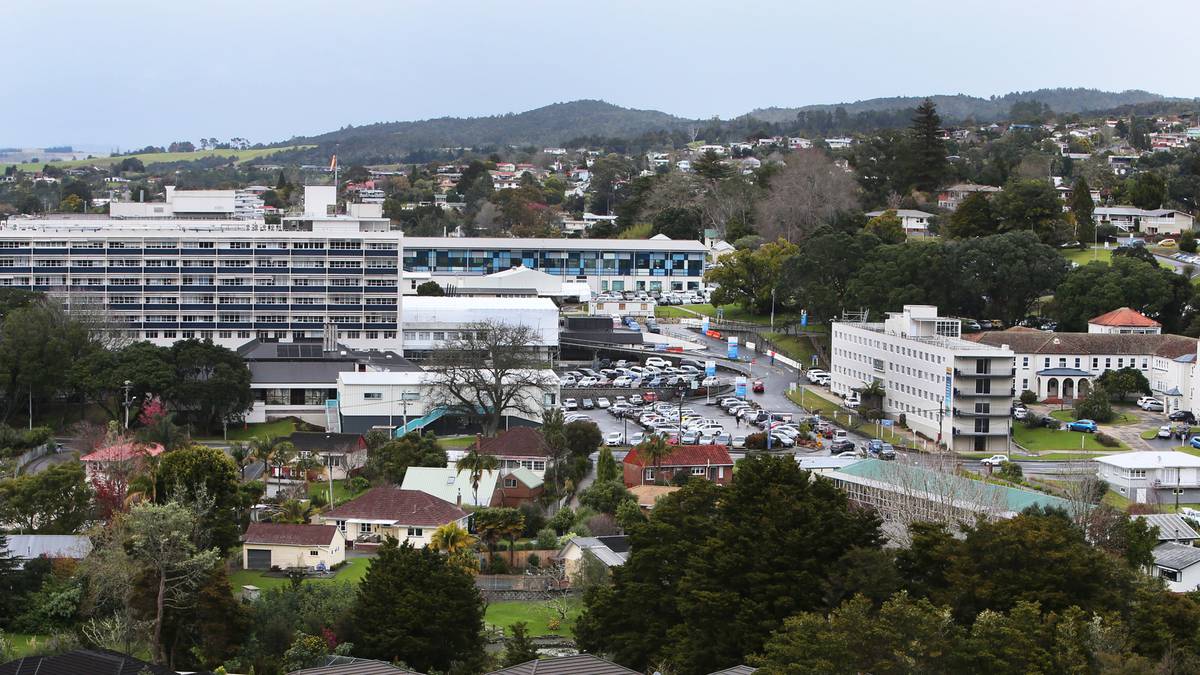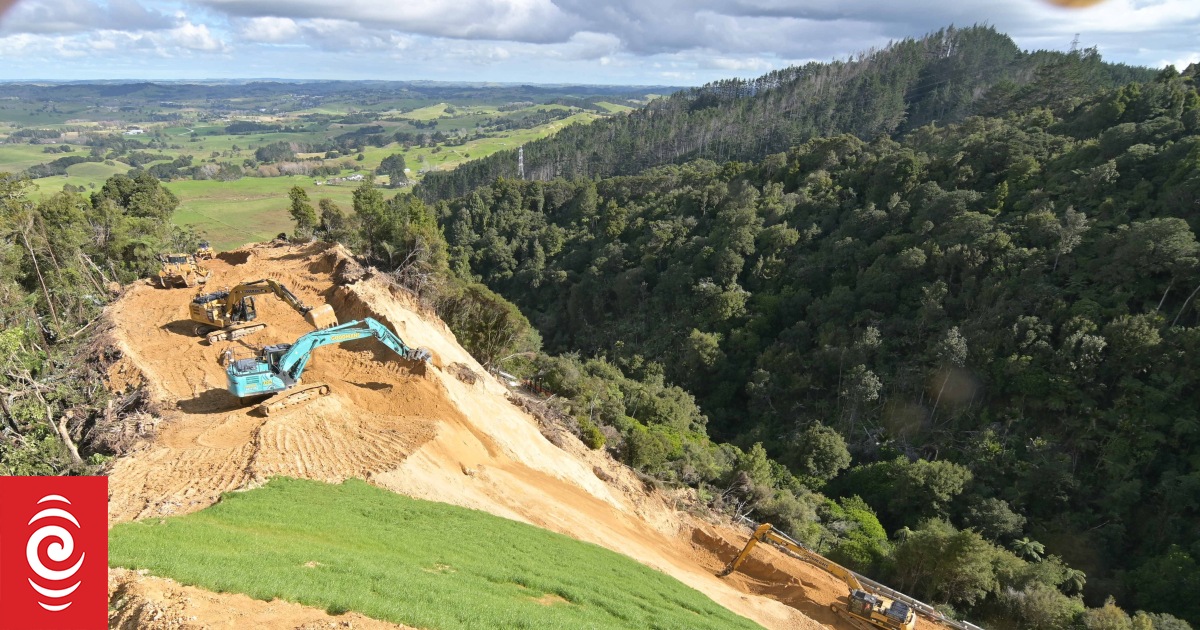The 20 district health boards have been disestablished and their deficits wiped and their 82,000 health employees are now directly employed by Health NZ Photo / Tania Whyte
It seems pretty obvious that it’s need and not your address that should dictate your access to healthcare.
Yet over the decades 20 different DHBs with 20 separate bureaucracies operating on 20 different sets of criteria mean exactly that: A postcode lottery, and one in which Whangārei rarely saw any winning numbers.
In 2018, the Government commissioned a wide-ranging expert review of our health services. Two years later, the Simpson Report recommended ending the fragmented and bureaucracy-heavy DHB model for a unified healthcare system.
Interestingly, it has been in part the success of our Covid response run by one health authority rather than 20 DHBs which has proven the viability of a centralised healthcare model.
Last week, July 1 saw the launch of the new system at Waitangi, the first day of a long-term programme to bring it together. The 20 district health boards have been disestablished and their deficits wiped.
Their 82,000 health employees are now directly employed by Health New Zealand. We have moved to a multi-year funding model to give greater certainty, and we have committed to funding the service properly, with a $24 billion health budget this year – up 43 per cent since Labour took office in 2017.
Under the new system, the Ministry of Health will take a more strategic role while a new entity, Health NZ, takes over service planning and commissioning on a national level.
Working alongside Health NZ is the new Māori Health Authority, whose mission is to overcome generations of inequitable health outcomes for Māori.
Equality of access to healthcare doesn’t mean it should always be delivered in the same way to everyone, especially when the same old way is proven to produce consistently poorer results to one group.
This has been the case for Māori for generations – insisting on continuing with it is tantamount to accepting that inequity.
DHBs were instituted to increase the local voice in healthcare but that has not eventuated as hoped, with few people aware of even the membership of their local DHBs.
The new system will also provide more opportunities for local input and – one of the main aims of the new system – it will emphasise local primary health prevention.
On that note, the first director of the new health authority is our own Dr Nick Chamberlain, outgoing CE of Northland DHB and a man of whom it was once said if you cut him in half you would find the word “Northland” written right through.
I have worked with Nick over the last 18 months as we fought for and won our hospital upgrade and fought through the Covid crisis. It is great to know that the person chosen to lead the first stages of our new centralised health system is such a strong regional advocate.
Of course there is more to do: Our healthcare workers are critical and we’re making long-term plans for training, recruitment, retention and fair pay for the people who care for our families.
Yes, these are challenging times to deliver major reform but to delay is to condemn our communities to continued exposure to an unacceptable healthcare lottery. Instead, we’re leading the change to ensure Kiwis have a health system we can proud of for generations to come.




